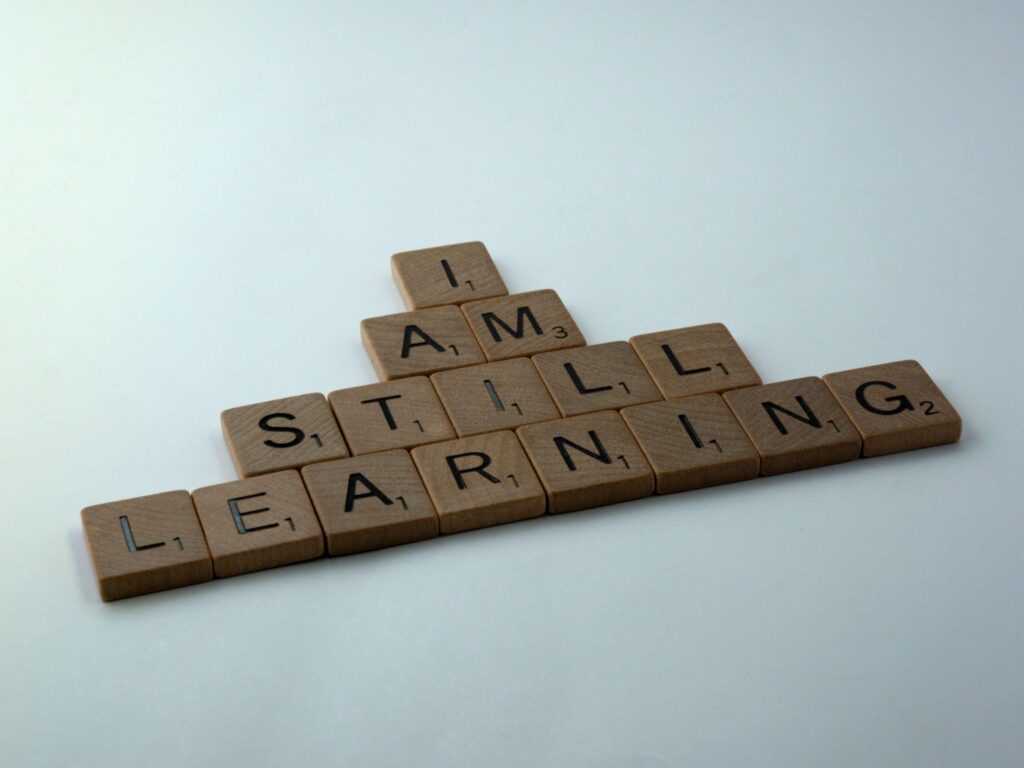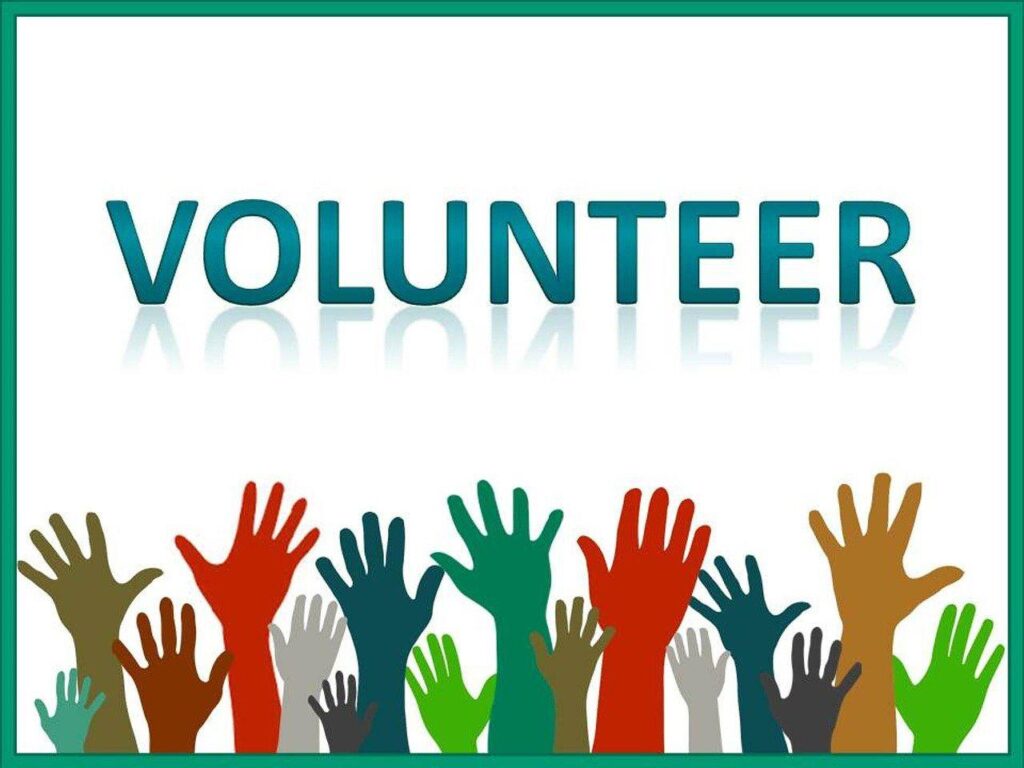Feeling Burned Out? Here are 5 Emotional Signs You Need To Retire

We usually think of retirement as being centered around a particular age or dollar amount. We think that once we get to a certain age or have a certain amount in our retirement savings, we can move on to our golden years.
However, fewer of us realize that retirement isn’t just about financial readiness, it’s also an emotional transition. Making the decision to stop working is a huge life decision. How do you know if you’re ready?
In this article, you’ll learn:
- 5 emotional signs you need to retire
- How to manage your transition into retirement with ease and peace of mind
5 Emotional Signs You Need to Retire
These 5 emotional signs you need to retire are some common telltale signs but are by no means the only ones. It’s important to be self aware and honor your own instincts. If something is telling you it’s time, it’s more than likely time.
1. Career Apathy
Are you feeling less interested in your career? Maybe you don’t really hate your job but you’ve realized you’re just going through the motions, and that this indifference has perhaps resulted in you not seeking opportunities to develop in your role.
In my case, I had started getting off the subway two stops before the office under the pretense of getting some extra steps in, but in reality I knew I was just no longer excited to get to the office.
While this indifference may seem almost inevitable at some point, it can nevertheless be harmful to your emotional well-being over time.
2. You Feel That Work Is Getting in the Way of Living Your Life
When you start to feel that your job is getting in the way of spending time on the things you value most—family, friends, and your own hobbies and pursuits—it might be time to think about retiring.
Feeling as if work is hindering your ability to live your life on your own terms is a sure sign that your priorities and values are changing.
3. You’re Feeling “Left Behind”
If you’ve been with the same company for a while, you might start seeing coworkers who started there around the same time as you retiring. When your friends start retiring, you might start to feel that they’re getting a jump start on freedom from “the daily grind” of a fulltime job.
This feeling of being left behind can lead to resentment over time and can have a negative impact on your mental health.
Seeing younger coworkers being promoted ahead of you can also leave you feeling left behind. You just can’t seem to keep up and, more importantly, you’ve lost interest in trying to.
4. You Can’t Wait to Retire
If you find yourself daydreaming and perhaps literally counting down the days until you can retire, you probably should explore why you’re feeling this way.
What is it you’re hoping to do with your time instead of working? Do you just need some freedom from the 9-5 grind? Are you bored with your current job?
The answers to these questions will help you design what the next chapter of your life will look like, whether it’s retirement, changing jobs, or something else.
5. Your Health Is Declining (Emotional and Physical)
Everyone experiences ill health at one or more points in life. As we age, health-related issues can become more frequent or pronounced.
Adding stress from working in a job that you no longer care about to age-related health issues can lead to emotional burnout and physical complaints such as high blood pressure.
If you notice an increase in work-related stress and a corresponding decline in your physical or emotional health, it’s time to seriously consider retirement.
What Happens Emotionally When You Retire?
Even if you feel you’re ready to retire, leaving a job (particularly one you’ve been at for a few years) can feel like a loss. You may experience a grieving period and feel stressed about how you’ll fill your time. Will you be bored all day looking for things to do and people to talk to? These are common concerns.
Additionally, you might even feel a bit of an identity crisis. We tend to identify strongly with our job titles.
Who are you when you stop doing what you’ve been doing for years; if you’re no longer:
- an analyst
- a designer
- a police officer
- a teacher
You can also start to worry about income. As you get closer to retirement age, you might start to think about your nest egg. Is it enough to keep me comfortable in retirement? Worrying about money in retirement is a common fear.
What Are the Five Phases of Retirement?
As with any major life change, there are common stages we all go through when adjusting to retirement. Our ability to manage our emotional health through the retirement process is key to ensuring a smooth transition.
Here are 5 emotional stages of retirement typically experienced by retirees.
1. Retirement Planning
In the retirement planning phase, you haven’t retired yet but you’re daydreaming about how you’ll spend your retirement years. You’re thinking of all of those things you put on your bucket list that now seem like they might become a reality. While your retirement isn’t necessarily for a few years, you’re already thinking about it.
2. Anticipation
Your retirement plans start to feel more like reality in this phase. You might have even met with a financial planner to discuss your retirement budget. The excitement is growing!
3. Enjoying Your Newfound Freedom
You’re finally retired…yeah! That first Monday when there isn’t an alarm to wake you up from a deep sleep is the most glorious of days!
You start looking at new hobbies or consider revisiting those you’ve long since abandoned. You start planning more family time and pull out that list of vacations you never got around to taking.

4. Reorientation
In this stage, the initial “honeymoon” period of your newfound freedom has started to fade a bit. That doesn’t mean you’re unhappy with your decision to retire, but you might start to worry that you’ll get bored or not get enough social interaction.
5. Settling into Retirement
This last stage is about finding stability in this new phase of life. It can take several years for some people to feel comfortable in retirement. Just remember, there is no “ideal retirement.” Everyone experiences this phase of their life very differently so be kind to yourself if you’re having a hard time adjusting.
Navigating the 5 Stages of Retirement
1. Have a good understanding of your retirement income
One of the biggest retirement fears is outliving your money. It’s really important to get a good handle on all of your assets before you retire. Consider meeting with a financial planner who can discuss your financial readiness with you.

2. Nurture your relationships
Even though most interactions in the office are work-related, you may realize once you’ve retired that you took those encounters with others for granted.
Spending time at home alone can quickly lead to feelings of isolation and loneliness. For your own mental health it’s important to spend time with family and friends to keep yourself engaged. Make an effort to reach out to those important people in your life and be proactive about scheduling time with them. Don’t just wait around for them to contact you.
You may also see opportunities to forge new friendships as you explore new activities in retirement.

3. Continue to learn
Exercising your brain and continuing to challenge yourself is important to your mental health. Instead of mindlessly sitting in front of the TV for hours, consider enrolling in online courses. There are so many great learning platforms (ex. Udemy, Coursera) with millions of different courses to choose from. Check out my article, Exercise Your Brain By Learning All Sorts of Cool New Stuff, for some ideas.

4. Give back
So many great charities out there need your help! Whether you’re walking shelter dogs or volunteering at your local food bank, giving back to your community is a great way to stay active. It’s also a great way to form new relationships with people who are passionate about the same things you are.
For more information check out my article, Is Volunteering After Retirement A Good Idea?

5. Continue to schedule your time
While you probably don’t need the same level of detail and rigidity in planning your days after you’ve retired as you did in your job, keeping a schedule can still be very beneficial.
A schedule can give you some clarity about what you want to do each day so the days don’t get away from you.
Additionally, keeping a schedule can help reduce feelings of overwhelm and stress. While you’re no longer going to meetings in an office, you’ll still have some appointments to keep. A schedule helps get those things out of your head so you don’t need to worry about missing key appointments and upcoming events.
For more, check out my article, 3 Benefits of Having a Schedule In Retirement. Additionally, for help with scheduling your time in retirement, check out my free Guide to Block Planning.

Here’s To a Happy Retirement!
Once you’ve made the decision to retire, it’s normal to experience a flood of different emotions. This phase of life is full of big changes. I hope this article has helped you understand the 5 emotional signs you need to retire and how you can navigate the various stages so that you can enjoy this new chapter of your life.
